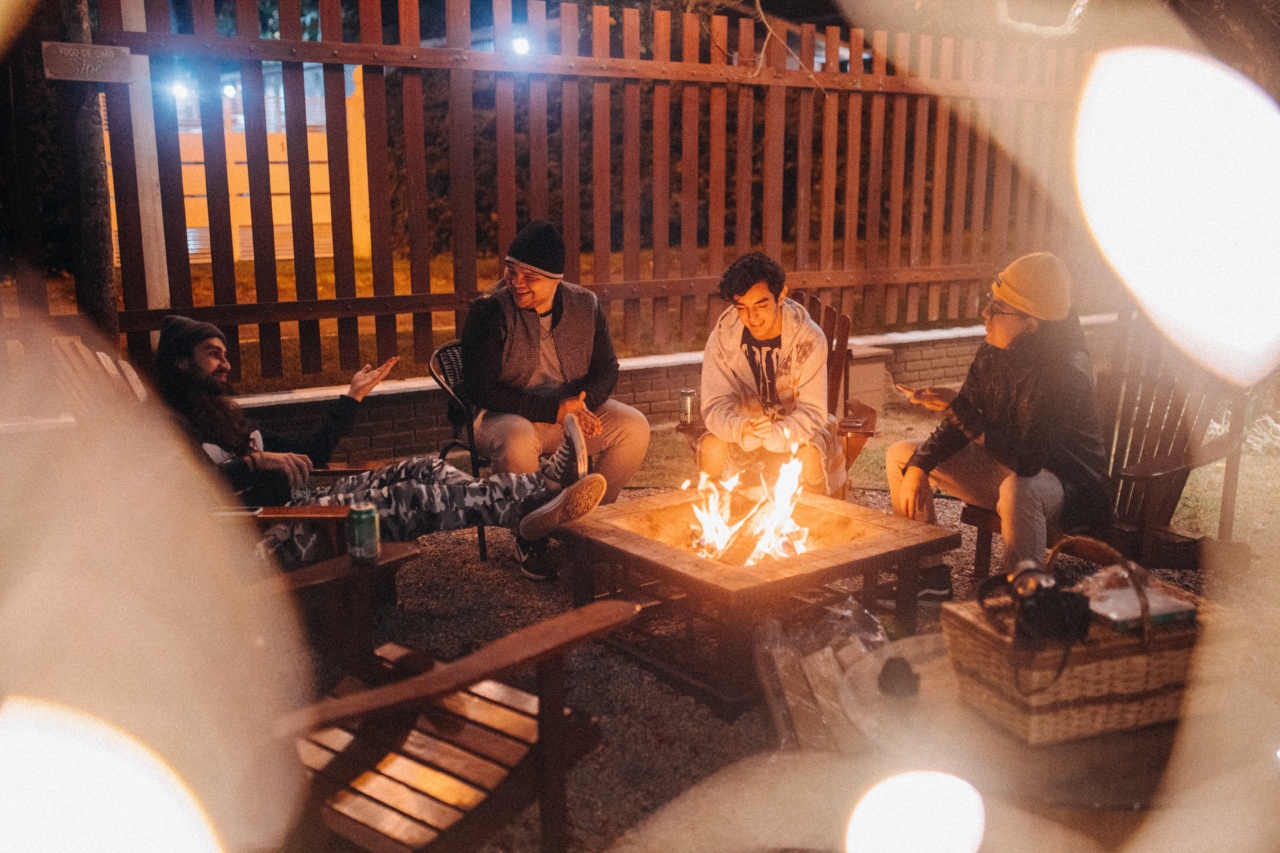Solar burn is the damage caused by exposure to the sun’s rays. Sunburn can be painful and may cause long-term skin damage. Sun damage can also lead to cancer.
Many factors can exacerbate sunburn, and it is essential to know about them to protect yourself from further damage. The following are five factors that can worsen your solar burn.
1. Time of Day
The sun is hottest and most dangerous when it’s at its highest point in the sky, between 10 a.m. and 4 p.m. If you’re outside during these peak hours, the chances are high that you’ll get a sunburn.
UV radiation is more intense when the sun is overhead since sunlight travels through a smaller atmosphere concentration, thus no filtering. Hence, you will have less time to respond and protect yourself from the sun’s harmful rays.
2. Skin Type
Your skin type can put you at a higher risk of solar burn. If you have fair or light-colored skin, you’re more susceptible to getting sunburn compared to darker-skinned people.
This is because the amount of pigment in the skin, called melanin, provides some protection from the sun’s rays. With less melanin in your skin, you will need increased protection, including sunscreen and protective clothing. If you have red or blonde hair, blue eyes, or freckles, you’re more likely to burn quickly and severely.
3. Medications
Some medications can increase your skin’s sensitivity to the sun’s rays. Some of these medications include antihistamines, antibiotics, and some acne medications such as tetracycline, which can increase the risk of sunburn.
If you’re taking medication, it’s important to read the information leaflet to see if it may cause sensitivity to the sun, and you should consider avoiding exposure to the sun as much as possible. If you have to go outside, consider wearing protective clothing and sunscreens with high SPF.
4. Location and Elevation
The location and elevation have a significant impact on sun exposure. Higher elevations expose you to more ultraviolet rays since there is less atmosphere to absorb the UV radiation.
Similarly, living in higher latitudes, such as the far north or south, is riskier due to the angle of the sun and increased UV radiation. It is important to note that sunburn can happen anywhere, so it is essential to use the right protection no matter where you are.
5. Reflection and Water
Water, sand, and snow reflect the sun’s rays and can cause more damage to your skin. This fact is why people who go to the beach or water park are more likely to get sunburnt than people who stay indoors.
UV rays reflect back from surfaces like water, sand, snow, causing double the damage. The sun’s reflection on water is bright and concentrated, enhancing UV radiation’s penetration, therefore affecting the skin differently in various conditions than elsewhere.
For every meter above sea level, the sun is more intense, so even on cloudy days, UV radiation levels increase on the beach. Be sure to take extreme precautions against sunburn when around these areas of intense reflection.
Conclusion
Sunburn can cause a lot of problems and needs to be taken seriously. It is important to be mindful of the factors that can worsen sunburn so you can take the proper precautionary measures.
Taking simple steps such as applying sunscreen, wearing protective clothing, and avoiding peak hours of the day can help prevent sunburn from happening. Remember to stay sun smart and take care of your skin.































